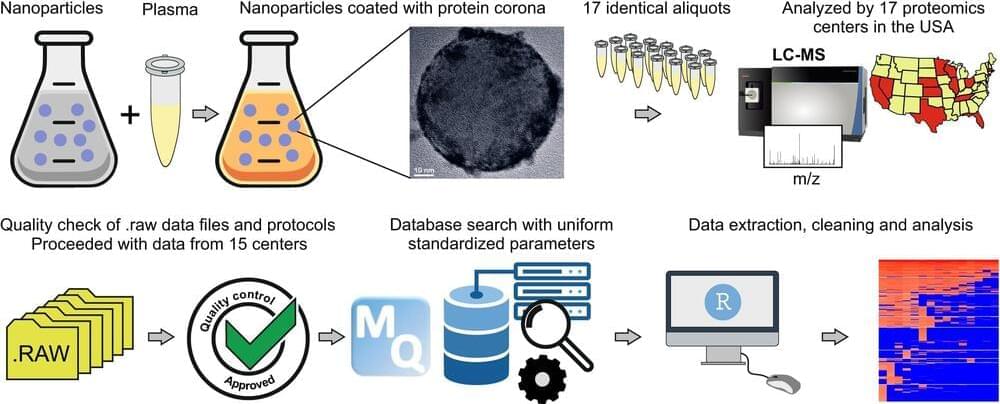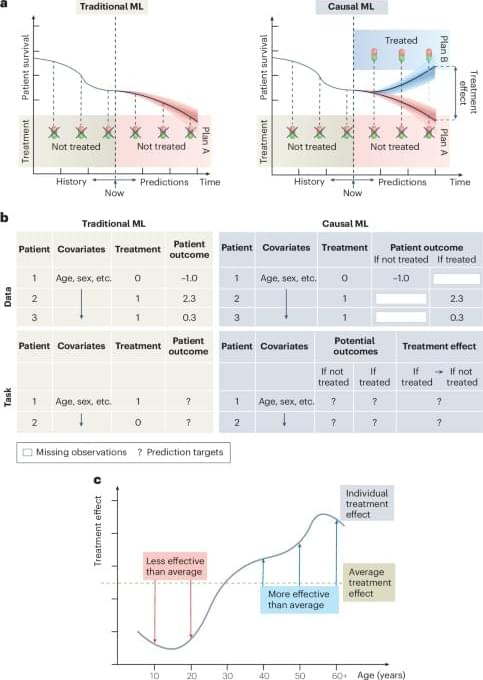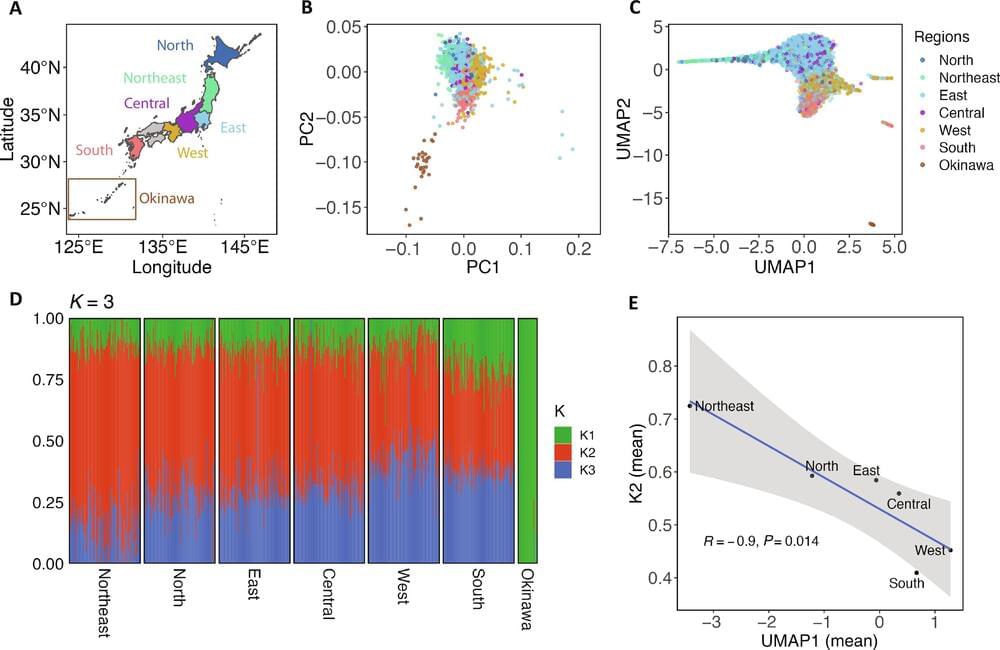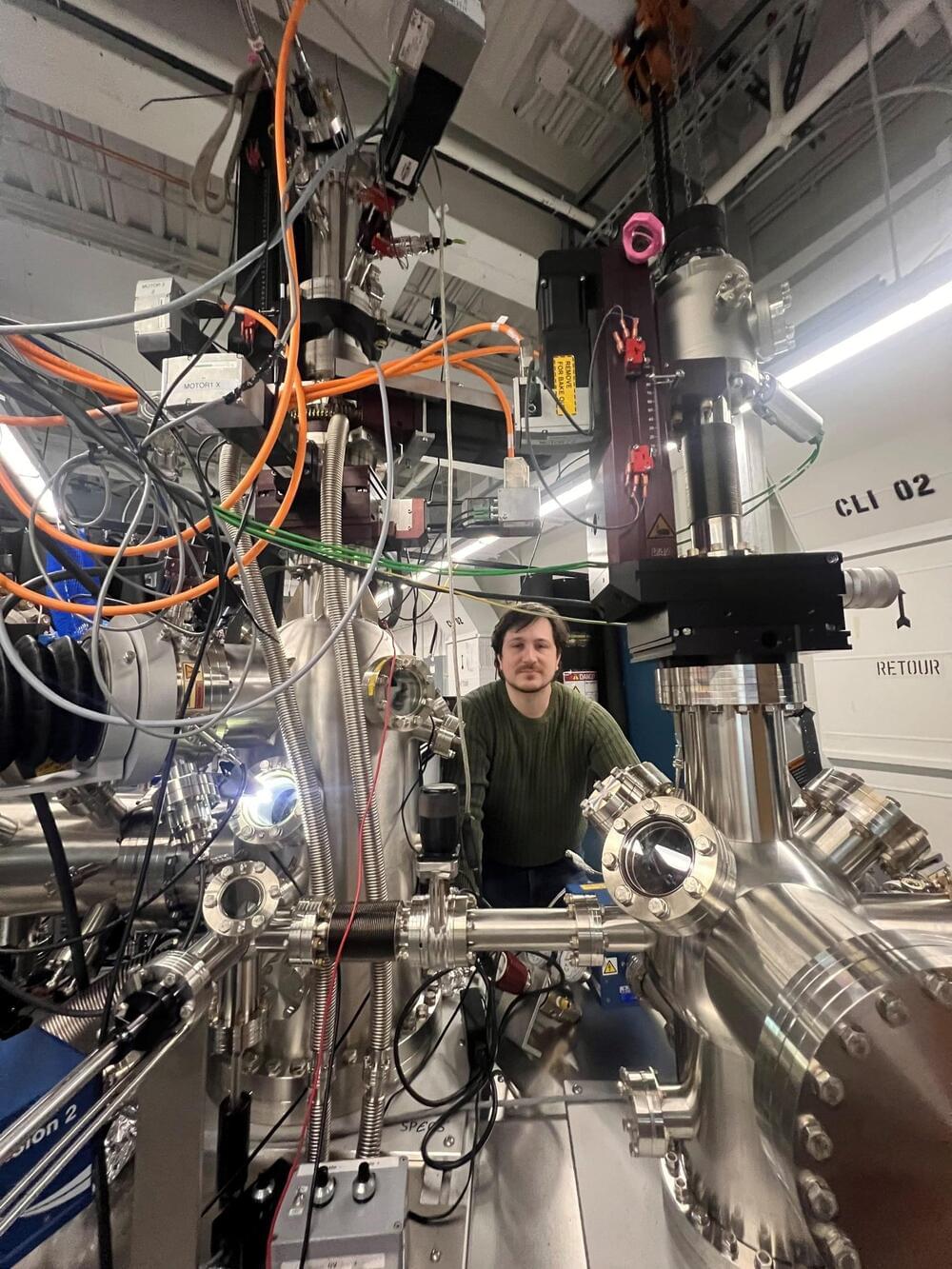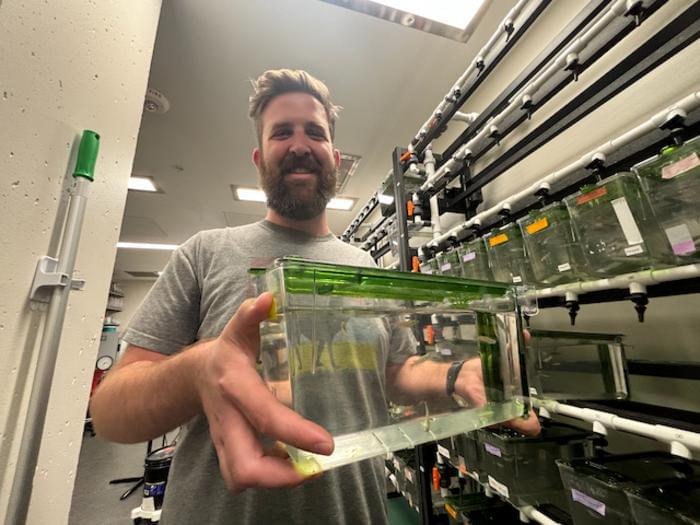Apr 20, 2024
Ashley Kalinauskas — Founder & CEO, Torigen Pharmaceuticals — Providing Hope For Animals With Cancer
Posted by Ira S. Pastor in category: biotech/medical
Is the Founder and CEO of Torigen Pharmaceuticals (https://www.torigen.com/), a company dedicated to researching and developing novel immuno-oncology products and services specifically for the veterinary market, with a focus on autologous cancer vaccines.
Torigen Pharmaceuticals is a start‑up that resulted from Ashley’s graduate thesis project at the University of Notre Dame, as she was working on her Masters in Engineering, Science and Technology Entrepreneurship in collaboration with Dr. Mark Suckow (https://www.research.uky.edu/staff/ma…). Ashley also received an undergraduate degree in Veterinary Pathology and Pathobiology from University of Connecticut.



